Lemon Balm Tea
Lemon balm tea is a herbal drink prepared from both the fresh and dried leaves of lemon balm (Melissa officinalis), a herb from the mint family found in Central Asia, the Mediterranean region, North Africa, and Europe. The lemon balm tea has a characteristic mild lemon flavor with distinct honey-lemon taste. As it is rich in biologically active ingredients, this herbal tea has several medicinal benefits.
History and origin
Dedicated to the Roman goddess Diana, the lemon balm tea was used as a medication by the Greeks thousands of years ago. During the Medieval Ages, the herb was used to cure morning sickness, mood disorders, influenza, flatulence, fever, high blood pressure, toothache, and other medical conditions. In traditional Austrian medicine, the herbal infusion has been recommended to treat various disorders of the liver, nervous system, and the gastrointestinal tract.
Lemon balm tea benefits: What is it good for
- For insomnia: Drinking this tea gives a calming and soothing effect, thereby helping in improving quality of sleep. Several clinical trials have proved the efficacy of using a mix of lemon balm, valerian, chamomile, and hops in treating anxiety, depression, OCD, and insomnia.
- For high blood pressure: Since lemon balm tea is a potent stress reliever, it helps in reducing high blood pressure, therefore, reducing the chances of suffering a heart attack or stroke.
- Relieving flatulence and indigestion: This herbal preparation is consumed to get relief from gastrointestinal ailments. Researchers have found that lemon balm tea can effectively soothe an upset stomach, improve digestion, and ease the discomfort.
- Treating Alzheimer’s disease: As found in clinical trials, intake of organic lemon balm tea is useful in improving cognitive functions as well as reducing nervousness and excitement in people with Alzheimer’s disease.
- Grave’s disease: In this autoimmune condition, excess thyroid hormone is secreted by the thyroid gland, leading to hyperthyroidism symptoms. Even though animal studies have found this infusion useful in regulating thyroid, its use in humans with hyperthyroidism has not yet been proved effective.
- For cold sores: Lemon balm leaves consist of polyphenols, flavonoids, and other compounds, which can fight against viral infections like herpes and cold sores. Regular consumption of lemon balm tea can reduce the severity and frequency of recurrence of herpes. Topical application of the tea on genital sores or cold sores provides relief from the redness and itching, also preventing the infection from spreading further.
- Treating diarrhea: Short-term consumption of a drink prepared from the leaves of lemon balm, fennel, and chamomile is often recommended for infants in treating diarrhea, colic, and other health conditions.
How to make lemon balm tea?
- Take few fresh or dried lemon balm leaves in a teapot with 2 cups boiling water
- Steep for five minutes
- Strain the infusion
- Add honey or sugar to sweeten it to your taste
- You may add some ice cubes to enjoy a cup of refreshing lemon balm iced tea
Lemon balm tea safety and precaution
Side effects
Short-term intake of this tea as part of your regular diet is possibly safe, but the effects of overconsumption are not yet known. Only in rare cases, intake of lemon balm tea has caused few side effects like abdominal pain, vomiting, wheezing, dizziness, and nausea.
Consumption during pregnancy
Since there is a lack of clinical evidence, pregnant women should avoid it to stay on the safe side. Nursing mothers are advised to consult a healthcare professional before consuming lemon balm tea.
Where to buy lemon balm tea
USDA-approved organic lemon balm tea, available in the form of fresh or dried leaves as well as tea bags, can be purchased from online teashops and local herbal tea sellers.
References
- http://permaculturenews.org/2013/10/18/lemon-balm-tea-uplifting-relaxing-memory-enhancing/
- http://www.webmd.com/vitamins-supplements/ingredientmono-437-lemon%20balm.aspx?activeingredientid=437&activeingredientname=lemon%20balm
- http://www.livestrong.com/article/123817-benefits-lemon-balm-tea/
- https://senchateabar.com/blogs/blog/how-to-make-lemon-balm-tea#:~:text=Lemon%20balm%20tea%20is%20an,times%20of%20the%20Ancient%20Greeks.
- http://www.herbwisdom.com/herb-lemon-balm.html
Article was last reviewed on 23rd July 2021
Related Articles
Leave a Reply
One thought on “Lemon Balm Tea”
Leave a comment
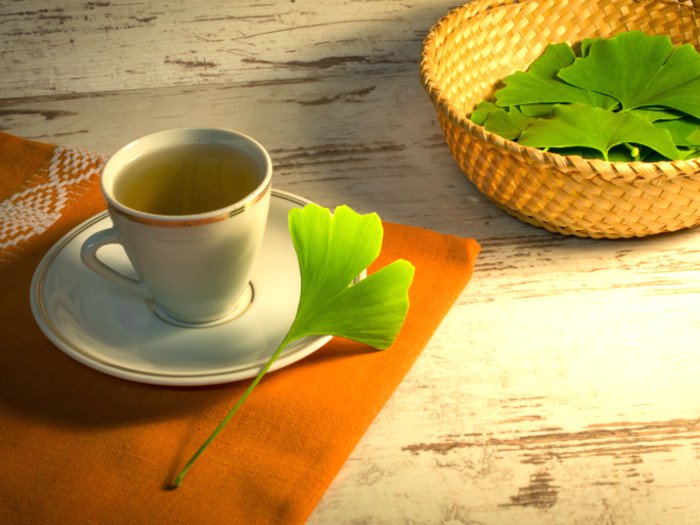
Ginkgo Biloba Tea
The Ginkgo Biloba tea is an herbal infusion obtained from the extract of the dried leaves
Read more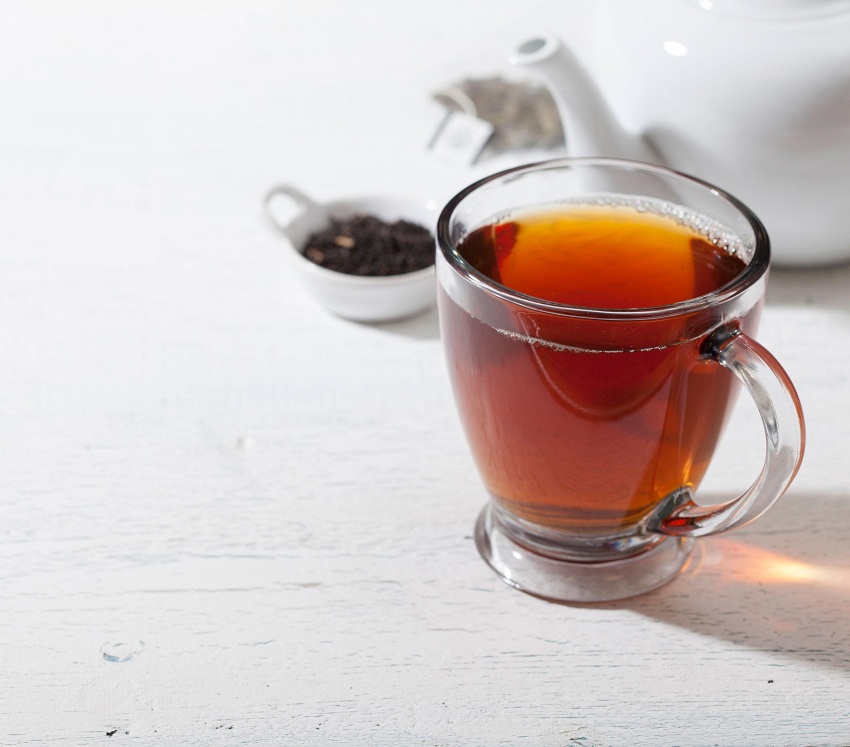
Black Tea
Black tea, belonging to the same group as the green, white and oolong teas is the most oxi
Read more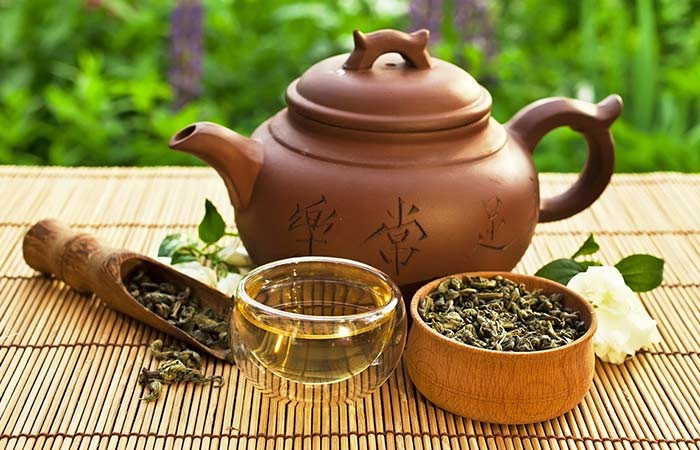
Oolong Tea
What is oolong tea Oolong, a traditional beverage of China, is prepared from the buds, st
Read more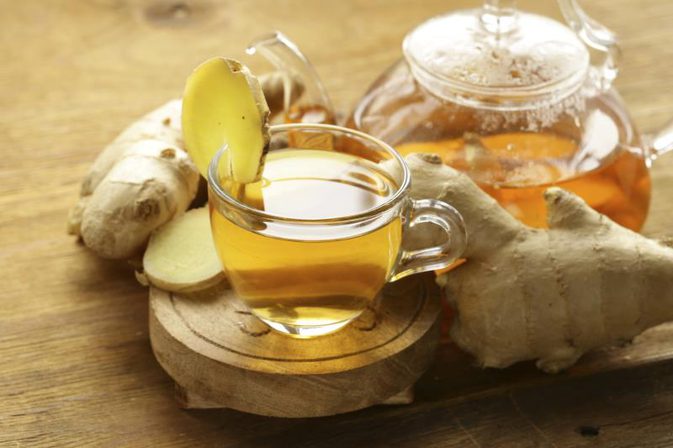
Ginger Tea
Ginger tea, prepared from the roots of ginger, is a popular herbal beverage of Asia. Becau
Read more
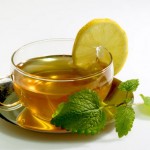

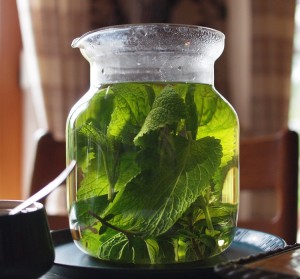
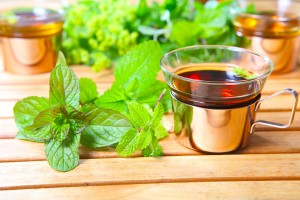
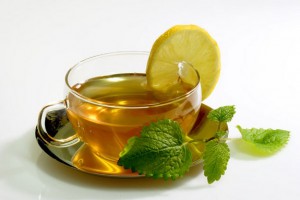
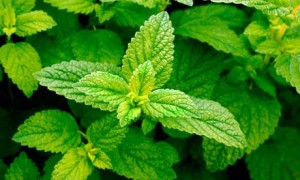
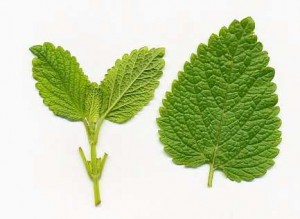
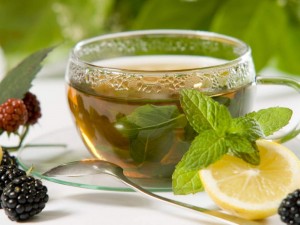
send me the different type of herbal tea.